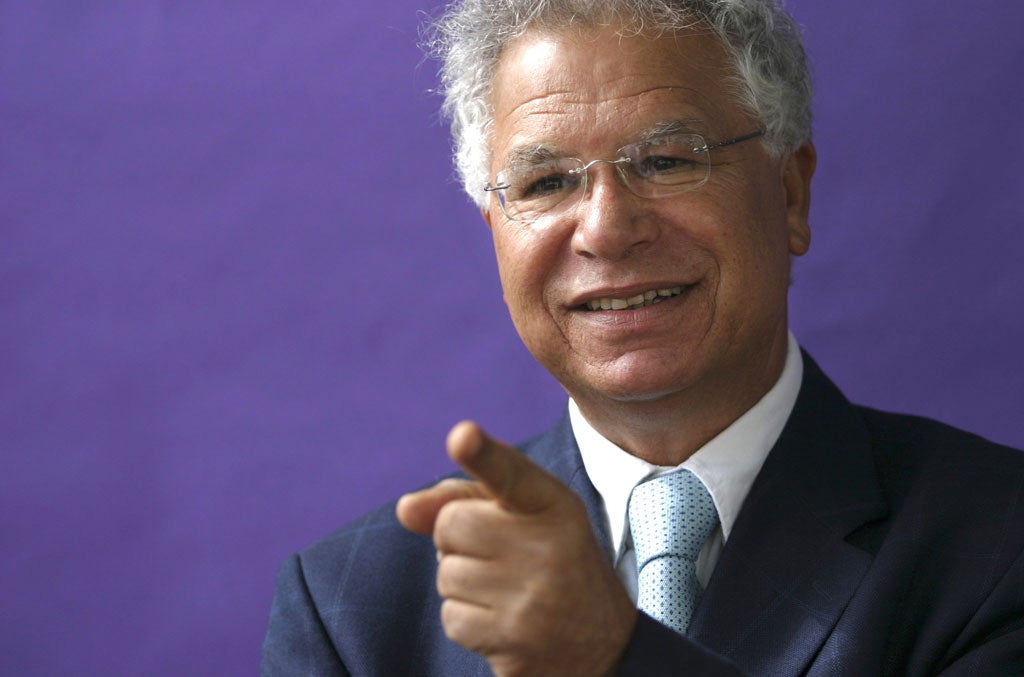I Was Born There, I Was Born Here, By Mourid Barghouti, trans. Humphrey Davies

Mourid Barghouti's first volume of memoir, I Saw Ramallah, is a classic of the genre and a uniquely clear-eyed account of returning home after 30 years of serial expulsion. Barghouti is also the poet of displacement in general as well as its specific Palestinian form. In between the first and this second volume of memoir came Midnight & Other Poems – a first selection from many volumes of his poetry.
I Saw Ramallah wove a life of enforced absences into a moment of return to that city and the author's home village of Deir Ghassanah in 1996, with prose of poetic concision. It ended with Barghouti recrossing an indelibly memorialised bridge over the Jordan river to collect a permit for his son Tamim, so they could return together. "He will see it. He will see me in it, and we shall ask all the questions after that."
I Was Born... is that collection of "questions", voiced in the place and beyond, from many angles of vision or time and delivered in Barghouti's inimitable style. John Berger's introduction speaks of what happened and continues to happen in Palestine as "unclassifiable" - a term that also fits both volumes. Here Barghouti resumes in the late 1990s, flitting across the subsequent decade, delivering characteristic mini-essays, deep family memories, accounts of employment in Ramallah, visits with Tamim to Jerusalem and Deir Ghassanah, alongside crystalised visions of horror and happiness.
"Essays" focus on Jerusalem and Iraq, on coffee and the loss of Palestine: they rival Mahmoud Darwish's work on the subjects. They also cover Arafat and fatherhood, corruption and "the wall of the Silent Transfer", as well as celebrating anecdotal histories. More personal than his first volume, freighted with individual and collective return, here are the minutiae of the immediate consequences. It's an honest confrontation with Israeli violence and impunity, an unflinching description of the Palestinian Authority's compromising failures, and a plea for joy.
Barghouti renders the world with rare exactitude. He checks statement with humility and attempts to resist an Occupation that "imprisons time inside space" by writing about the place itself. We glimpse Jerusalem, Ramallah and Deir Ghassanah in different moments and moods, each detailed with features of the people and their place: trees, in particular, which "fascinate me not just for their beauty but because I see in them also a symbol of resistance without bluster or bragging".
For the first time, Barghouti shares the story of his family's flight during the Nakba of 1948, by foot from Lydda up to Deir Ghassanah. He describes Tamim's first visit to that village and its interruption by Occupation thugs, as well as his own study in Amman, its garden, and the unfolding of a writing day. Occupation turns ordinary experience into forbidding luxury. Defiantly, Barghouti records his fleeting anxieties and everyday difficulties.
A surprising amount of love is generated in a book predicated on chronic injustice. Highlights include the chapters "Mahmoud the Driver" and "The Ambulance". Both revel in the cunning with which Palestinians daily negotiate the reality of being concentrated in an open-air prison. Injustice is undermined with sophisticated humour, extraordinary resourcefulness and a sweetness of character recognisable to anyone familiar with the place. Barghouti's book of "questions" finds answers in natural and human bounty, allowing him to advocate a repossession of "the moral significance" and legitimacy of resistance.
I Was Born... begins with the failure of the Oslo peace process and ends with Barghouti's conviction that "the Palestinian cause is starting over again from the beginning". This volume is a worthy and necessary accompaniment to the first. It begs for a third that will historicise an "unclassifiable" stain on the 20th century, which already degrades our present one. Meanwhile, read this as it has been written: without blinkers.
Guy Mannes-Abbott's 'In Ramallah, Running' will be published in February
Join our commenting forum
Join thought-provoking conversations, follow other Independent readers and see their replies
Comments
Bookmark popover
Removed from bookmarks